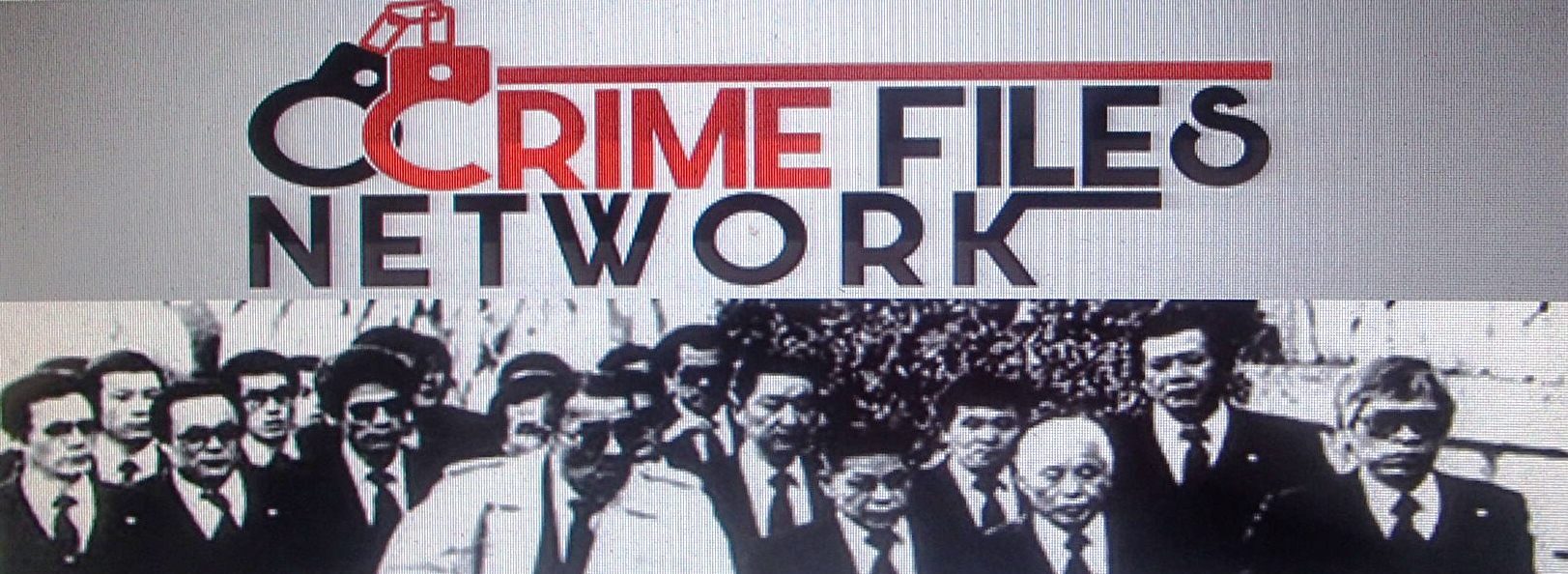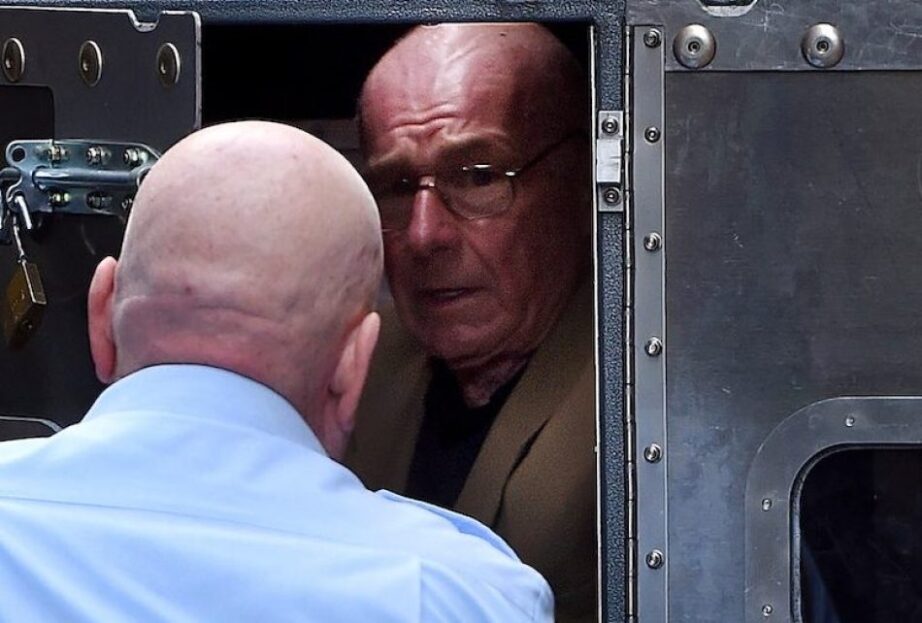Roger Rogerson was once an elite detective, celebrated for his dogged police work, with a penchant for putting away NSW’s most wanted.
A winner of bravery and dedication to duty awards, the NSW Police detective sergeant was once one of the force’s most decorated officers.
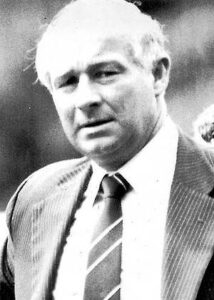
Now Victorian police have questioned Rogerson, a convicted killer serving a life sentence for the 2016 slaying of drug dealer Jamie Gao, over the suspected murder of drug syndicate boss Robert “Jumping Jack” Richardson in Strath Creek north of Melbourne almost 40 years ago. Rogerson has been named as a person of interest, not a suspect.
Rogerson’s success on the streets of Sydney in the 1980s was followed by a swift demise when the corrupt cop began meddling in a major drug investigation in Melbourne.

Police on either side of the border were chasing major heroin supplier Alan Williams, distributor Brian Hansen and Richardson, a local syndicate boss.
Williams was charged in a bungled sting operation, though police lacked the evidence to put him away. Rogerson was enlisted to bribe NSW detective Michael Drury to throw the case.

When bribery failed, Drury was shot twice through his kitchen window. He survived and Rogerson was charged, but later acquitted of, conspiracy to murder the police officer.
A $1 million reward was put up on Tuesday for information relating to the death of Richardson, whose body was found in bushes about 100 kilometres north of Melbourne on March 31, 1984.
A police officer last saw Richardson at an ice creamery on Acland Street in St Kilda between 1.20am and 2am on March 4, 1984. He was accompanied by two unidentified men.
Police believe Richardson, who was due to appear in court over the drug bust the next day, was lured to Strath Creek and murdered.
Some 27 days later, members of the public out on a fishing trip found the 49-year-old’s body beside King Parrot Creek Road. There were no marks to suggest a struggle, indicating an execution-style murder.
The heroin trafficking investigation had involved a high-level organised crime syndicate then operating in Melbourne, with connections to the Federated Ship Painters and Dockers Union.
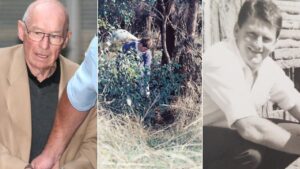
Detective inspector Dean Thomas said they believed people associated with the union would have knowledge of what happened to Richardson and who was involved in his death.
“Jack’s death had all the hallmarks of an underworld execution and the evidence suggests he probably had no warning he was going to be killed and trusted the person who did it.
“It’s also worth noting the timing of Jack’s death – it occurred two years to the day after the original police arrests in relation to the drug investigation and the day before the trial was meant to begin,” Thomas said.

“We do not believe that this was in any way coincidental.”
Detectives have received additional information about the suspected murder since the original investigation. New DNA has recently been discovered which is yet to be identified.
Investigators believe Richardson’s death was most likely arranged with the assistance and knowledge of several people, including some he would have known well and trusted as friends.
Thomas said the unsolved murder meant someone in the community was never held to account for their behaviour.

“This was someone willing to commit the ultimate act of violence with no regard for the life of others.
“Jack also had a young daughter at the time of his death – sadly, she has grown up without a father and never knowing who killed her dad and why.”
Thomas said police were not just searching for the person who pulled the trigger, but also anyone who assisted before and after the murder occurred.
Thomas said police believed the matter could be solved, despite the significant passage of time.
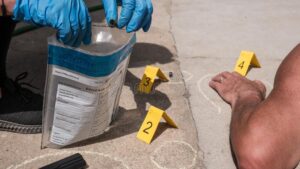
“As we always say, circumstances and relationships will change and potentially someone who may not have been able to come forward and speak to police previously may now feel they are in a position to do so.
“Given Jack’s significant criminal history and associations, we also believe there is a strong likelihood that people with information were afraid to come forward at the time of his death because they feared significant retribution,” he said.
“We’re hoping that some of those people may now be able to speak to us without those fears of retribution or concerns.”
![]()
